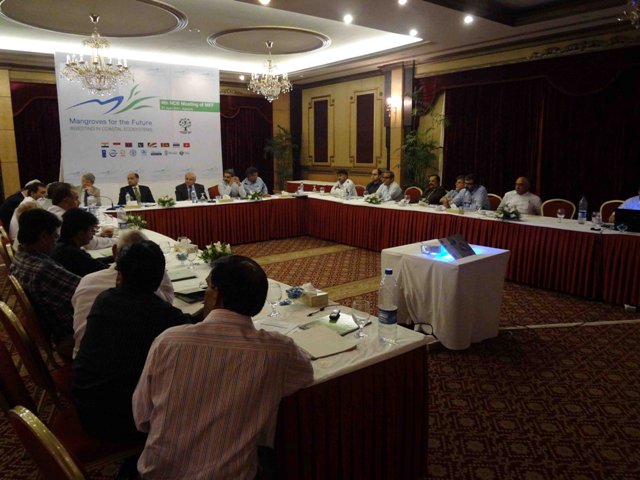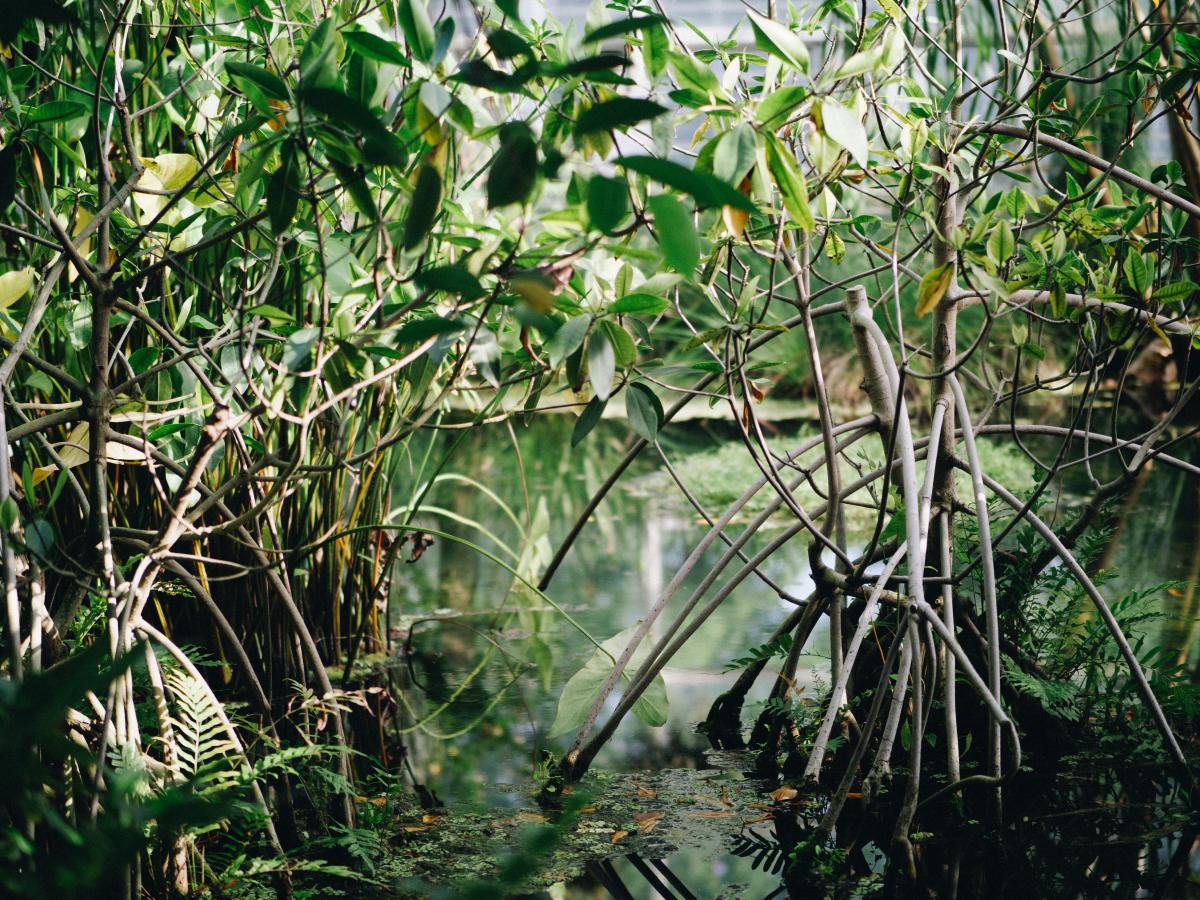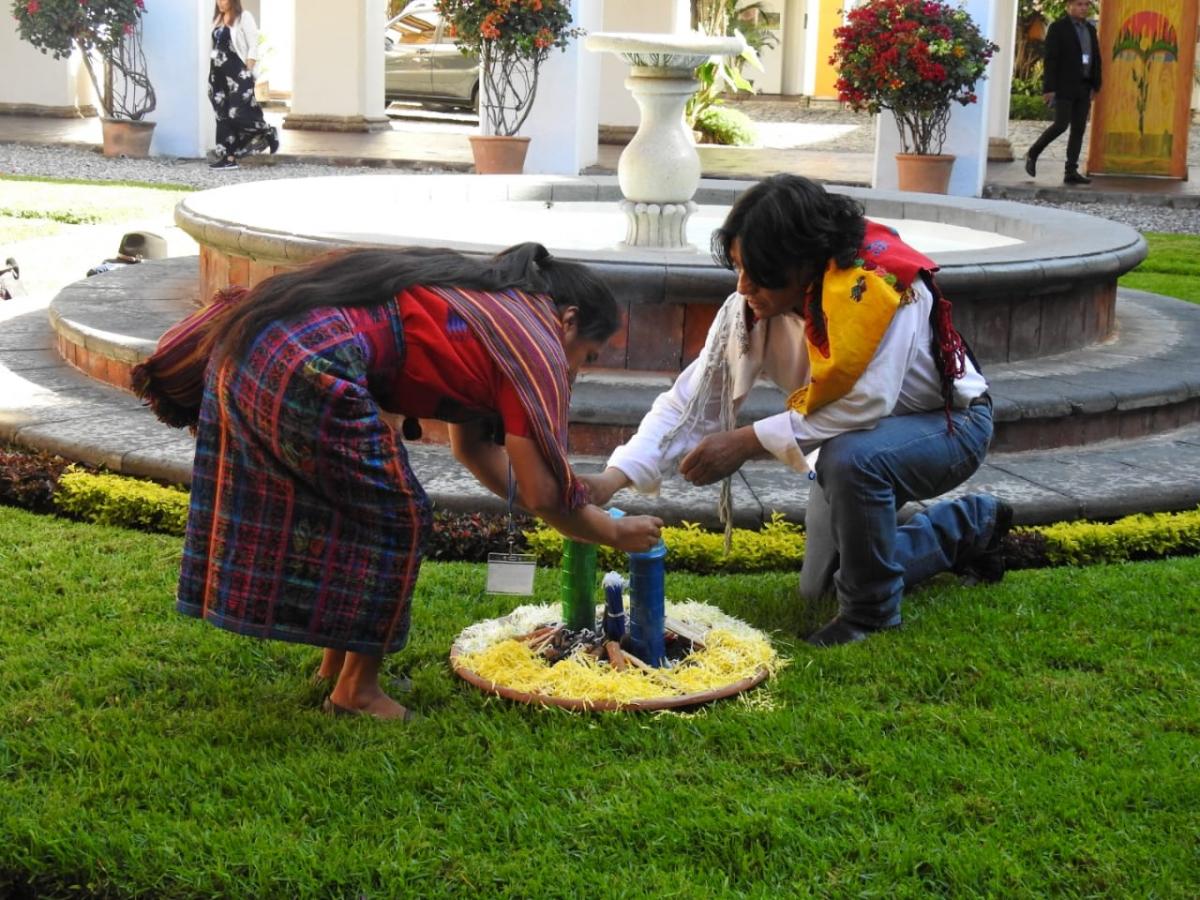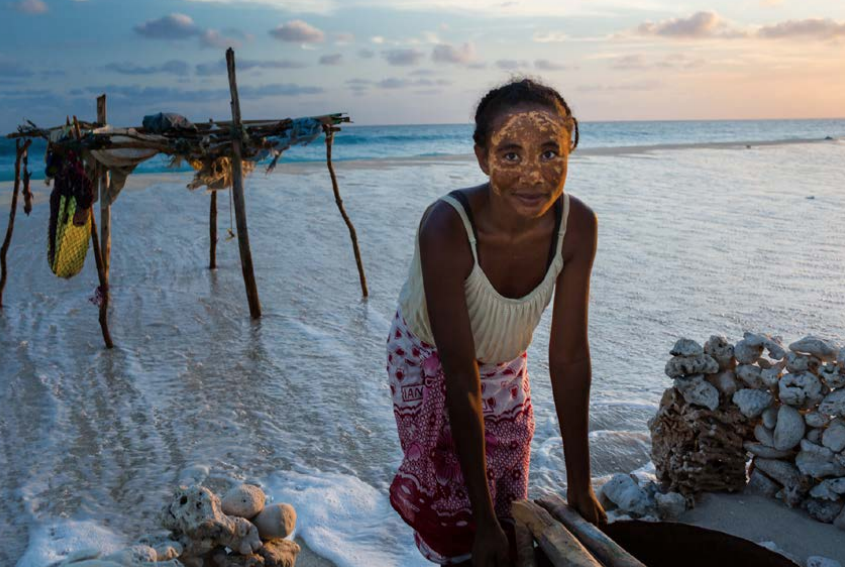Fourth Meeting of the National Coordinating Body for MFF Pakistan (Mangroves for the Future)
Karachi, April 27, 2011 (IUCN)
The 4th Meeting of the National Coordinating Body for MFF Pakistan (Mangroves for the Future) was held at Pearl Continental Hotel today. The meeting was chaired by Mr. Khawaja Muhammad Naeem, Chairman NCB, Secretary, Ministry of Environment, Government of Pakistan.

Photo: IUCN Pakistan
The developments in various programme components were reviewed and decisions were made for the implimentation of SGF (Small Grants Facility). Under SGF, grants up to US$ 10,000 will be provided to the NGOs and CBOs for small demonstration projects. The National Coordination Body for MFF also approved the Small Grants Operational mehanism unanimously.
Headed by the Secretay, Ministry of Environment, Government of Pakistan, the NCB in Pakistan represents a unique array of institutions directly or indirectly linked to the coastal marine ecosystem. It comprises Inspector General of Forests; Provincial Secretaries of Forest & Wildlife Departments; Provincial Secretaries, Fishries Departments, Governments of Sindh and Balochistan; Chairman, Karachi Port Trust (KPT); Chairman, Port Qasim Authority; Chairman, Gwadar Port Authority; Administrator, Defence Housing Authority; Director General, WWF-Pakistan; Country Representative, IUCN Pakistan; Director Generals of Coastal Development Authorities of Sindh and Balochistan; Director General, National Institute of Oceanography; President of Engro Polymer & Chemicals Ltd.; Managing Director of Pakistan Petrolieum Limited,Country Director, UNDP Pakistan; Director, Maritime Affairs and Envrionment Control, Plan’s Division, Pakistan Navy; Country Director, Care International Paksitan; Chief Executive Officer, Indus Earth, and Shehri Citizen for a Better Environment.
Mr. Shah Murad, IUCN Country Representative said that coastal plantations act as a buffer and keeping in view the lack of land mangement in Pakistan these mangroves plantations would provide a type of land zoning.
Mr. Syed Mahmood Nasir, Inspector General Forest lamented that Pakistan has to catch up with others in the REDD Plus mechamism implementation, so we need to move fast to fill the gap. He said that the REDD Plus mechanism has carbon trading system under which one can get reunmeration by planting, conserving and increasing the number of trees in the existing forests. He said that Pakistan has the potential of earning from US$ 400 million to US$ 3.00 billion per year with our existing resoruces.
Mr. Khawaja Muhammad Naeem, Secretary, Ministry of Environment emphasised on approaching PEMRA for allocation of about 10% of free of cost time for screening of videos on all the TV channels related to forests to raise awareness amongst the masses about forests. keeping in view the declaration of the year 2011 as the Year of Forests.
Mr. Khawaja Muhammad Naeem thanked IUCN all the NCB Members and MFF-Pakistan sectratiate for making the small grants programme a success and assured his support for its implementation.
The NCB also discussed the importance of declaration of protected areas for the conservaiton of sea life.
Other prominent persons present in the meetig were: Mr. L. Paul Famming, Chief Techical Advisor, Food and Agriculture Organisation, Mr. Abdul Qadir Rafiq, Assistant Country Director, UNDP, Mr. Mushtaq Ali Memon, Secretary, Forest and Wildlife Sindh, Secretary, Ghulam Ali Blaoch, Secretary Forest and Wildlife Balochistan, Mr. Mohammad Aslam Hayat, Chairman, Gwadar Port Authority,
For more information or to set up interviews, please contact:
Rafiul Haq, National Coordinator MFF Pakistan
Country Office. IUCN-Pakistan
1, Bath Island Road, Clifton, Karachi.
Phone: 021-35861540-2, Fax: 021-35861448
email address: rafi.haq@iucn.org
About Mangroves for the Future
Mangroves for the Future (MFF) is a unique partner-led initiative to promote investment in coastal ecosystem conservation for sustainable development. It provides a collaborative platform among the many different agencies, sectors and countries who are addressing challenges to coastal ecosystem and livelihood issues, to work towards a common goal.
MFF works towards achieving the vision of a healthier, more prosperous and more secure future for all coastal communities. MFF has adopted mangroves as its flagship ecosystem in recognition of the important role that mangrove forests played in reducing the impact of the 2004 Indian Ocean tsunami, and the severe impact on coastal livelihoods caused by mangrove loss and degradation. Yet MFF embraces all coastal ecosystems, including coral reefs, estuaries, lagoons, wetlands, sandy beaches and seagrass beds.
It was initially focused on the countries worst-affected by the tsunami of 2004; India, Indonesia, Maldives, Seychelles, Sri Lanka, and Thailand. Now Pakistan and Vietnam have recently joined as full members.
About IUCN
The world’s oldest and largest global environment network, IUCN, International Union for Conservation of Nature, envisions a just world that values and conserves nature. IUCN helps the world find pragmatic solutions to our most pressing environment and developmental challenges. It supports scientific research, manages field projects all over the world and brings governments, non-government organizations, United Nations agencies, companies and local communities together to develop and implement policy, laws and best practice. The Union’s headquarters are located in Gland, Switzerland.
IUCN Pakistan is part of the IUCN’s Asia Regional Programme based in Bangkok, Thailand. Established in 1985 to assist in the preparation of Pakistan’s National Conservation Strategy, IUCN Pakistan has grown to become the largest country programme of IUCN. Together with its partners and members, it is implementing several conservation initiatives across the country through institutional strengthening, policy advocacy and field work. Currently there are 27 active members of IUCN in Pakistan, including the Government of Pakistan as the state member, six government agencies and 20 NGOs. Over 100 volunteers from Pakistan work in IUCN’s six specialised commissions.



